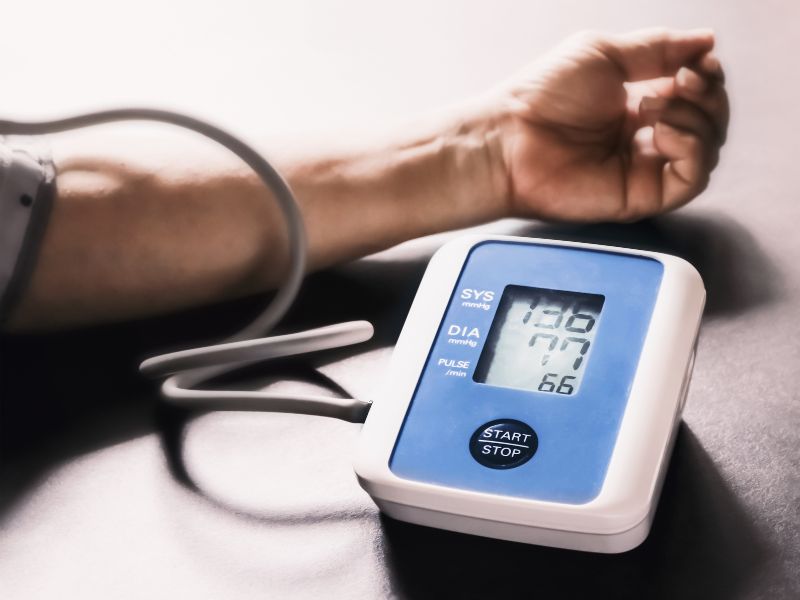Blood pressure is a crucial indicator of cardiovascular health, and it’s normal for it to fluctuate over time. As we age, our bodies undergo various physiological changes that can influence blood pressure levels. Understanding these shifts is essential for maintaining overall health and preventing potential complications.
Arterial Stiffness
One of the primary reasons blood pressure may change with age is due to the natural process of arterial stiffening. As we grow older, the walls of our arteries lose elasticity, becoming less flexible. This rigidity leads to increased resistance against blood flow, which, in turn, elevates blood pressure readings.

Canva. com
Hormonal Changes
Hormonal fluctuations play a significant role in blood pressure regulation. As individuals age, hormonal shifts, especially in women during menopause, can increase blood pressure. Reduced estrogen levels can increase systolic blood pressure, necessitating proactive management.
Reduced Kidney Function
The kidneys are crucial in regulating blood pressure by controlling the amount of sodium and water in the body. Kidney function may decline with age, leading to an impaired ability to manage these factors efficiently. This can result in higher blood pressure levels.

Canva. com
Lifestyle Factors
As we age, lifestyle choices can profoundly impact blood pressure. Sedentary behavior, poor diet, excessive alcohol consumption, and smoking can all contribute to elevated blood pressure readings. It’s crucial to adopt a healthy lifestyle and engage in regular exercise to help maintain optimal blood pressure levels.
Genetics
Genetic predispositions can also influence blood pressure trends. Individuals with a family history of hypertension may be more susceptible to developing high blood pressure as they age. Regular monitoring and proactive management are crucial in such cases.
